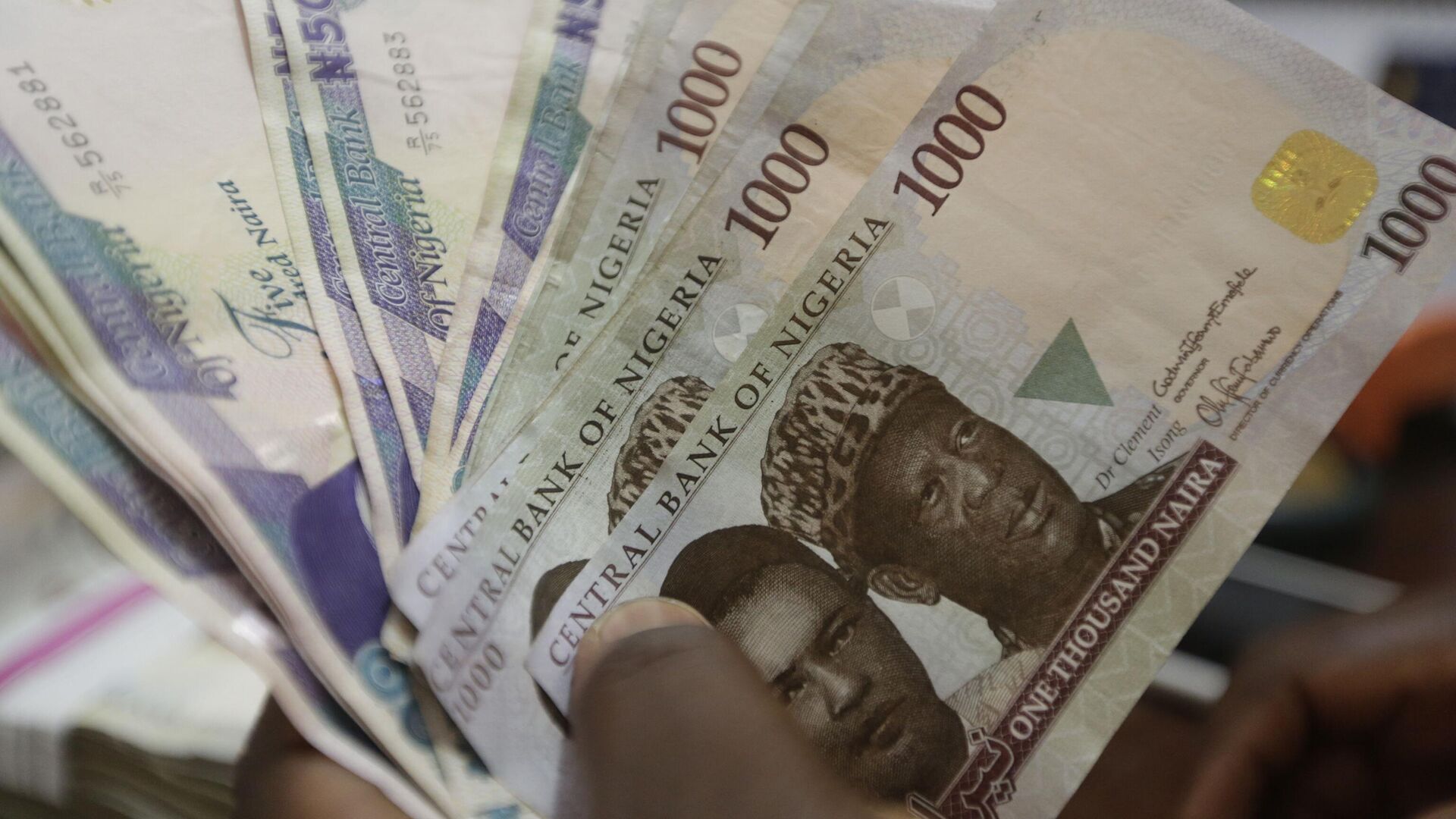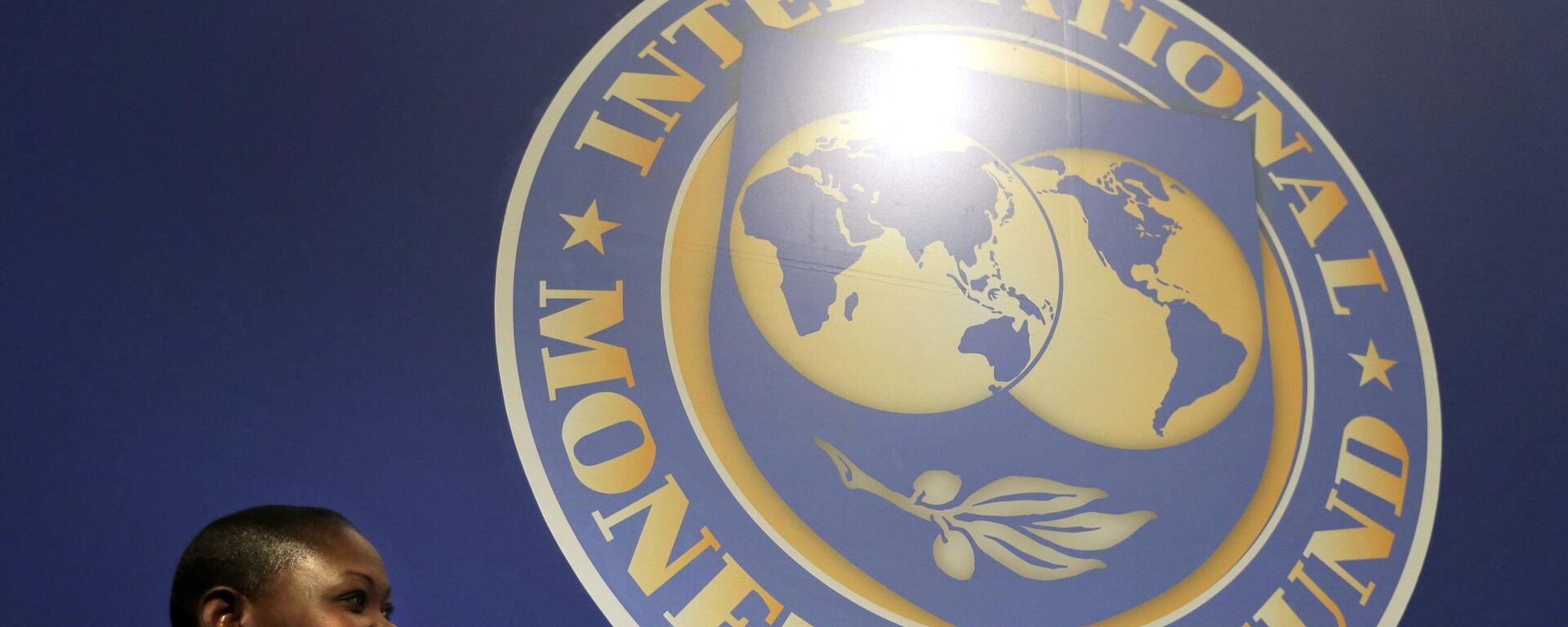‘Derogatory, Denigrating’: Nigeria’s Presidency Slams NYT for Criticizing Country’s Economic Policy
12:39 18.06.2024 (Updated: 12:54 18.06.2024)

© AP Photo / Sunday Alamba
Subscribe
Since assuming office last May, Nigeria's President Bola Tinubu has implemented extensive changes. These reforms include reducing expensive petrol and power subsidies, as well as depreciating the naira currency twice in the span of a year to decrease the difference between the official and parallel market exchange rates.
The Nigerian administration strongly denounced a New York Times piece that scrutinized the country's economic strategy.
The presidency said Tinubu inherited a “dead economy” when he took office a bit over a year ago, adding that some policy decisions taken by his administration, such as the floatation of the naira and the removal of fuel subsidies, were taken in the best interests of the country to "avoid being plunged into the abyss" as these subsidies were a huge burden for the budget.
“Ruth Maclean and Ismail Auwal’s feature story […] reflected the typical predetermined, reductionist, derogatory, and denigrating way foreign media establishments reported African countries for several decades,” the statement read.
The presidency also pointed out that no positive outcomes of the reforms were mentioned in the article, noting that with the implementation of all the plans, inflation, particularly food inflation, would soon be controlled.
“Our country faced economic difficulties in the past, an experience that has been captured in folk songs. Just like we overcame our present difficulties very soon,” the statement read.
Among other successes, the presidency outlined that the exchange rate of naira to dollar could be at 1000–1200 naira by the end of this year, compared to 1900 naira when the reform began.
“The economy recorded a trade surplus of N6.52 trillion in Q1 [2024], as against a deficit of N1.4 trillion in Q4 of 2023. Portfolio investors have streamed in as long-term investors,” it added.
The West African country has also become "bankable" as loans from the World Bank, African Development Bank, and Afreximbank are coming in.


